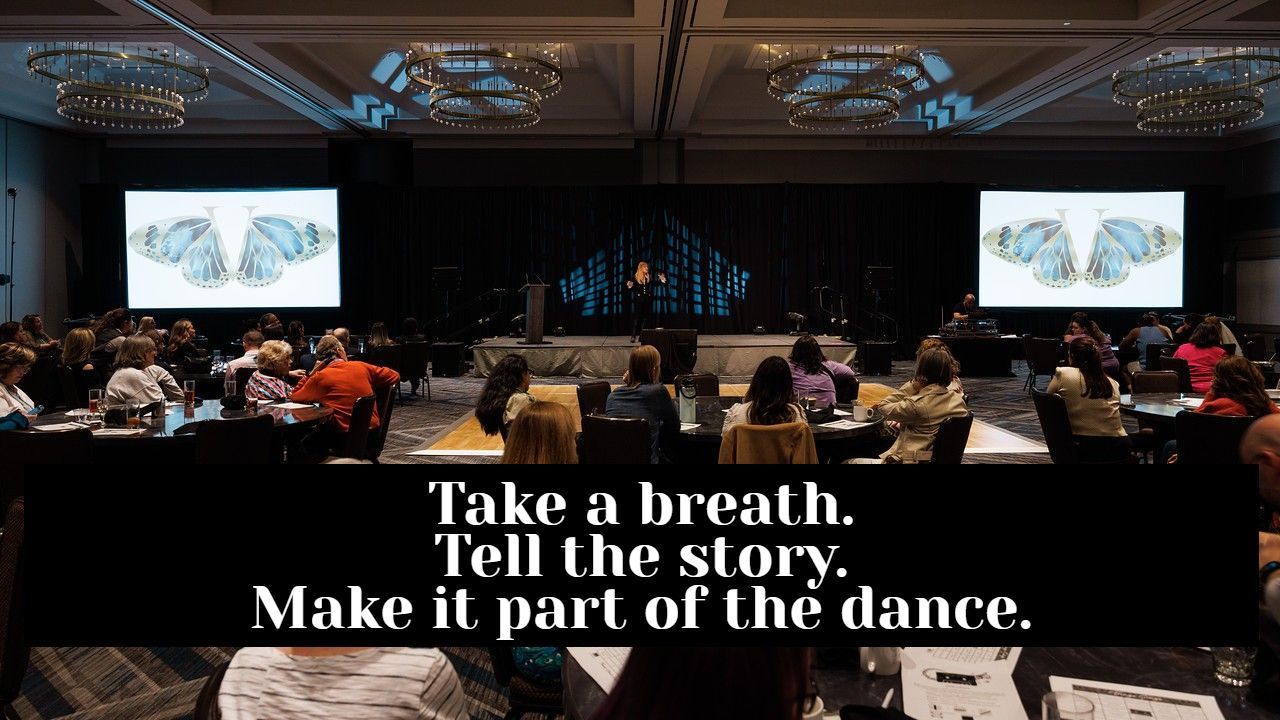Recently, I had a crunchy $5,000 lesson in imperfection.
While exiting the parking garage at Lifetime Fitness—a garage I’ve probably pulled out of a thousand times—I misjudged the narrow exit and sheared the side mirror clean off my SUV.
Yep. Just hanging there like a busted earring. It was one of those moments that etches itself into your nervous system. Now, every time I drive in or out, I’m gripping the wheel like it’s a tightrope act.
But something interesting happened after the accident.
I started telling people.
I’d find myself in the elevator, striking up conversations with unsuspecting gym members, warning them about the treacherous garage exit like some kind of Parking Garage Evangelist.
It became a way to make meaning out of the mistake.
If I could save just one person from the heartbreak of unexpected bodywork, maybe—just maybe—my pain wasn’t wasted.
It got me thinking about how often we hide our missteps, especially if we identify (consciously or not) as perfectionists.
According to research published in Psychological Bulletin, nearly 30% of undergraduates exhibit clinical levels of perfectionism, and the numbers are rising across all age groups. The World Health Organization even links perfectionism to increased risks of anxiety, depression, and burnout.
It’s not just striving for excellence—it’s equating self-worth with flawless performance.
And that’s a recipe for chronic dissatisfaction.
I’ve learned (the hard way) that people don’t connect with your perfection. They connect with your humanity.
When I speak to audiences, it’s never the polished parts of my life that draw nods and knowing smiles—it’s the messy bits. The heartbreaks. The ugly cries. The missteps that turned into milestones.
As Brené Brown puts it:
“Imperfections are not inadequacies; they are reminders that we’re all in this together.”
And Elizabeth Gilbert once wrote:
“Perfectionism is just fear in fancy shoes and a mink coat, pretending to be elegant when actually it’s just terrified.”
So, what’s the antidote?
1. Embrace Your Flawsomeness®
I trademarked this phrase in 2018, but I'm still learning to live it! There is zero shame in being a beautiful work in progress. The older I get, the more joy I find in saying, “Yep, that was me. Cracked mirror and all.” Confidence isn’t about having it all together—it’s about not needing to.
2. Laugh at Yourself (Often)
Zumba class taught me this. When I totally botch a Samba move, instead of spiraling into self-judgment, I own the misstep—maybe even with an exaggerated hip swing for flair. Make it part of the dance. There’s magic in not taking yourself so seriously.
3. Turn Messes Into Messages
Whether it’s a story for your next dinner party, a blog post, or a way to uplift a friend—your missteps are raw material for connection. Life isn’t a highlight reel. It’s a blooper reel full of bloops worth sharing.
4. Practice Self-Compassion
Perfectionism says, “You are only as good as your latest achievement.” Self-compassion says, “You are enough, mistakes and all.” And the science backs it up: studies show that people who practice self-compassion have greater emotional resilience, lower stress, and healthier relationships.
So the next time life goes sideways—whether it’s a mirror, a missed step, or a major letdown—try this:
Take a breath.
Tell the story.
Make it part of the dance.
Because your imperfections don’t disqualify you. They humanize you. And they just might be your most beautiful feature.
Want to pass this along to a fellow perfectionist? Go ahead. You might just save someone a $5,000 repair—and a lifetime of unrealistic expectations.
#Flawsome #ProgressOverPerfection #MakeItPartOfTheDance #BrenéSaidSo #RealIsTheNewPerfect

The body content of your post goes here. To edit this text, click on it and delete this default text and start typing your own or paste your own from a different source.
